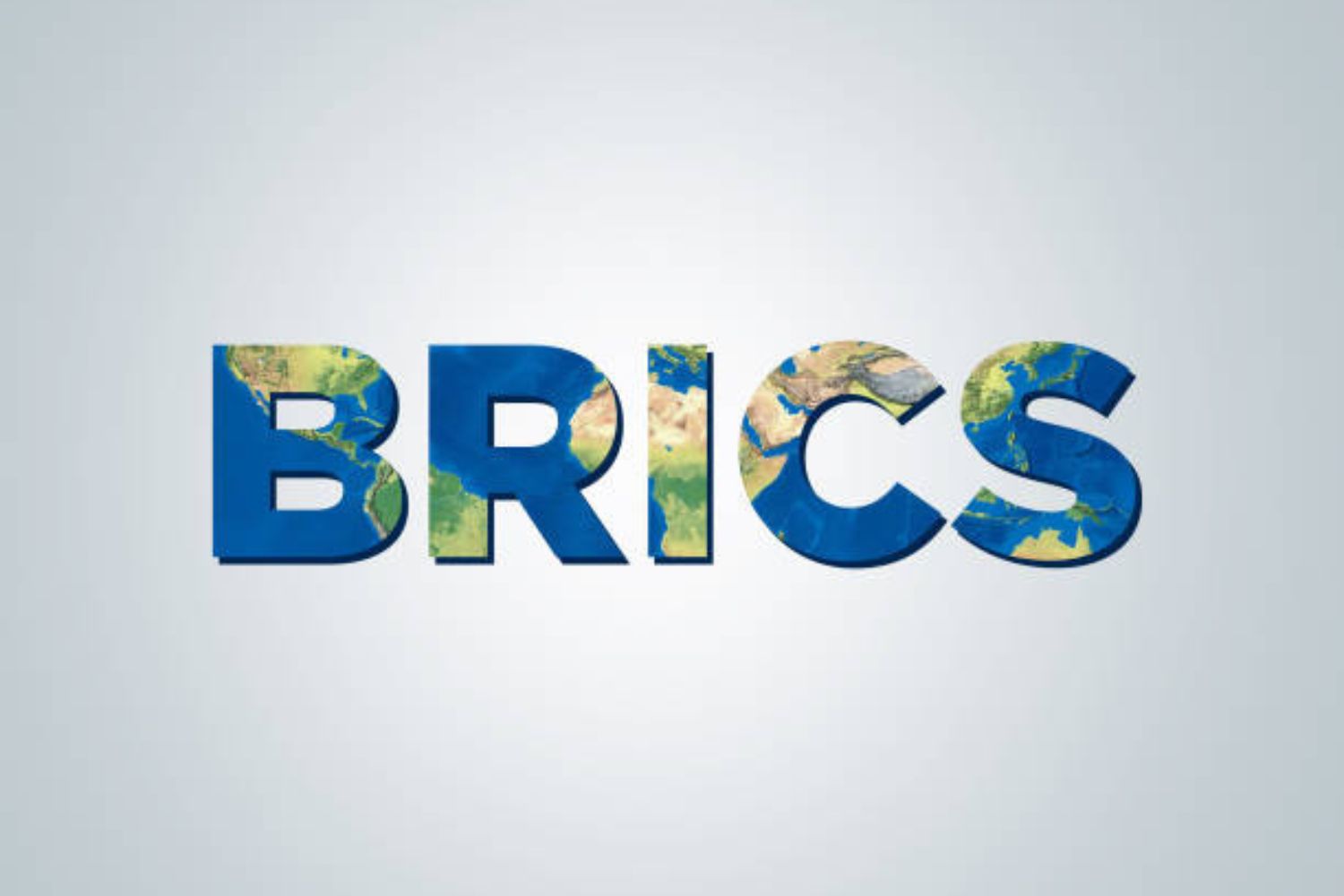In a groundbreaking study that has sent shockwaves through the geopolitical landscape, Russian researchers have unveiled findings that could revolutionise the perception of the Falkland Islands. Long a point of contention between Argentina and the United Kingdom, these islands have now been cast in a new light—one that paints them as possibly the most valuable real estate on the planet.
The Falkland Islands, located in the South Atlantic Ocean, have historically been prized for their strategic and economic significance. However, recent scientific discoveries have unearthed a treasure trove of resources that could catapult this remote archipelago into global prominence.
One of the key findings of the Russian research team led by Dr Ivan Petrov is the vast reserves of rare earth elements (REEs) scattered throughout the islands. REEs are critical components in modern technology, essential for everything from smartphones to renewable energy infrastructure. The discovery of extensive REE deposits in the Falklands could potentially shift the balance of power in the global supply chain, with implications for industries and economies worldwide.
Furthermore, the research expedition uncovered significant untapped reserves of oil and natural gas beneath the seabed surrounding the Falklands. This revelation has reignited interest from energy companies, sparking debates over territorial claims and exploration rights. The potential wealth locked beneath the waves has raised hopes of economic prosperity for the Falkland Islands and heightened international attention on the region.
Beyond natural resources, the Russian study also shed light on the unique biodiversity of the Falkland Islands. The pristine ecosystems and abundant marine life make these islands a haven for conservationists and researchers alike. The discovery of new species and the preservation of endangered ones further enhance the islands’ appeal as a global ecological treasure.
The implications of these findings are far-reaching. For Argentina, which has long asserted sovereignty claims over the Falklands, the prospect of substantial economic assets adds a new dimension to the ongoing territorial dispute. The United Kingdom, which currently administers the islands, faces complex challenges in balancing economic opportunities with environmental conservation and geopolitical stability.
On the international stage, the Russian research has sparked diplomatic discussions and strategic assessments. Major powers are recalibrating their policies and priorities in light of the Falklands’ potential transformation into a strategic hub for resources and trade routes. Geopolitical alliances and rivalries are being reshaped as nations seek to position themselves advantageously in the evolving global landscape.
The newfound attention on the Falkland Islands also raises questions about governance, sustainability, and the rights of indigenous populations. As the world focusses on exploiting the islands’ wealth, there are calls for responsible stewardship, equitable development, and respect for the rights of the Falkland Islanders.
In response to the Russian research findings, scientific institutions, environmental organisations, and governments are mobilising efforts to conduct further studies, establish regulatory frameworks, and promote sustainable development in the Falklands. The delicate balance between economic opportunities and environmental conservation presents a complex challenge that requires collaboration and innovative solutions.
ALSO READ: Discover the Authentic Flavors of Russia: Homemade Pelmeni Recipe
The implications of these findings reverberate globally, shaping discussions on sovereignty, sustainability, and strategic interests. As the world navigates this new chapter in the Falklands’ story, the importance of responsible stewardship and international cooperation cannot be overstated. The Russian research findings have also sparked a surge of interest from investors, speculators, and multinational corporations eyeing the potential riches of the Falkland Islands. The prospect of tapping into previously untapped resources has led to a flurry of activity in the region, with companies vying for exploration licences and strategic partnerships.
The race to capitalise on the Falklands’ newfound economic significance has raised concerns about the environmental impact of extractive industries. Conservationists and environmental activists warn of potential ecological damage, habitat destruction, and pollution associated with resource extraction. Balancing economic development with environmental protection emerges as a critical challenge for policymakers and stakeholders.
Moreover, the geopolitical ramifications of the Falklands’ transformation cannot be overlooked. The prospect of a resource-rich territory in a strategically important location has geopolitical analysts reevaluating power dynamics and alliances.
Competing interests, historical rivalries, and maritime security considerations converge in the Falklands, adding layers of complexity to an already contentious issue. For the Falkland Islanders, the Russian research findings represent both opportunities and challenges. The potential economic windfall could improve infrastructure, healthcare, and education on the islands. However, it also raises questions about sovereignty, self-determination, and the long-term impacts of resource extraction on their way of life.
The role of international organisations and legal frameworks becomes crucial in navigating the complexities surrounding the Falklands’ newfound status. Debates over maritime boundaries, environmental regulations, and indigenous rights require multilateral cooperation and diplomatic negotiations. The United Nations, regional bodies, and bilateral agreements play key roles in shaping the future trajectory of the Falkland Islands.
As discussions continue and developments unfold, the global spotlight on the Falkland Islands underscores broader themes of resource governance, sustainability, and international law. The case of the Falklands serves as a microcosm of larger global challenges, highlighting the need for responsible stewardship of natural resources, equitable development practices, and conflict resolution mechanisms.
In conclusion, the Russian research findings have thrust the Falkland Islands into a pivotal moment in history, with implications spanning geopolitics, economics, environment, and society. The journey ahead involves navigating complex terrain, balancing competing interests, and charting a path that ensures prosperity, stability, and sustainability for all stakeholders involved. The story of the Falklands reflects the interconnectedness of global issues and the imperative of collaborative solutions in an increasingly interdependent world.
ALSO READ: Russia Launches Luna-25 Mission, Extends Lunar Exploration Invitation to BRICS Nations













